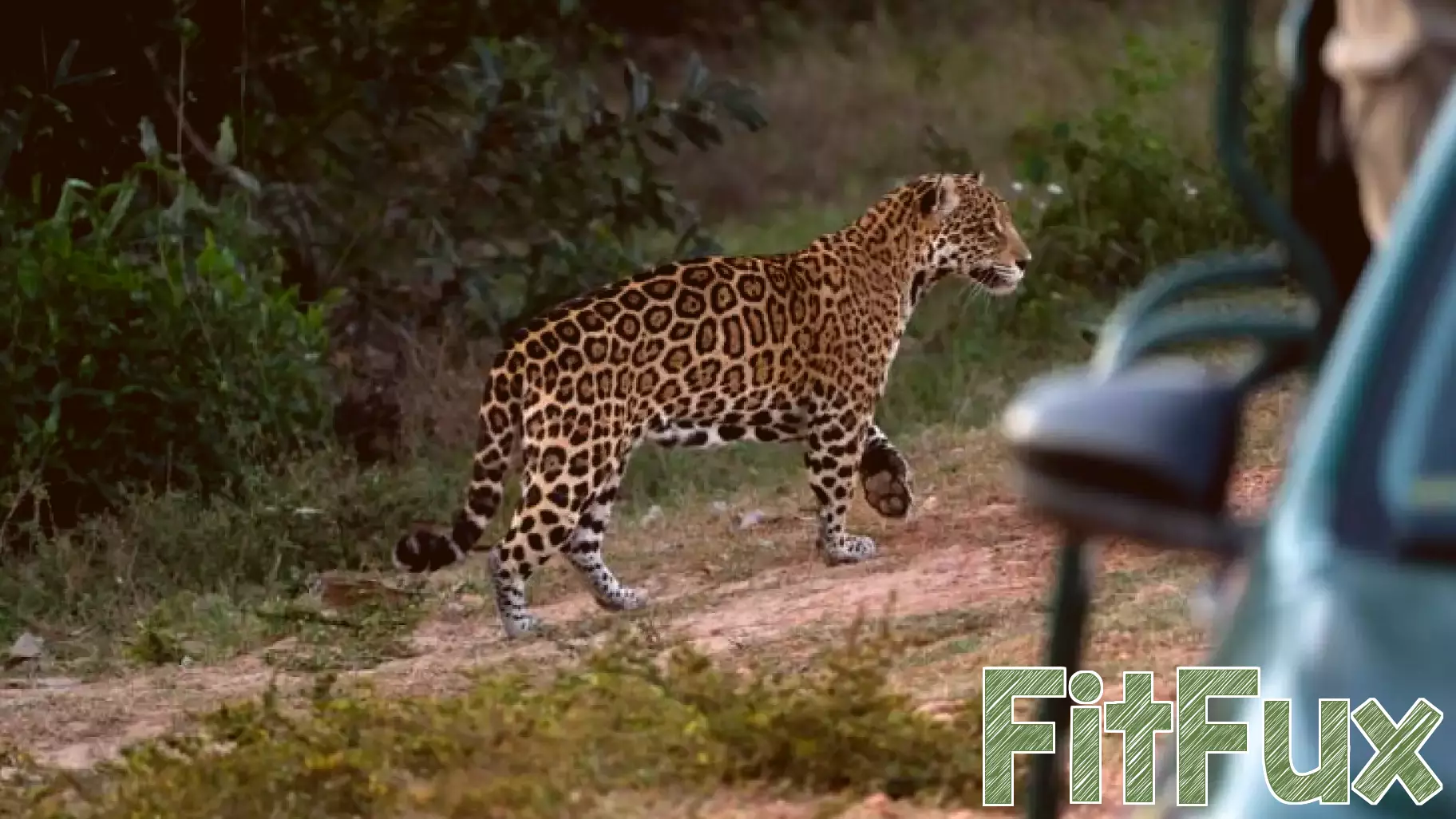December 30, 2024 - 23:18

In Brazil’s Pantanal, the world’s largest tropical wetland, conservation efforts for jaguars have taken on a new urgency due to a deadly parasite that poses risks to human health. Paul Raad, a veterinarian from São Paulo State University, recently found himself crouched in the undergrowth, meticulously searching for fresh jaguar feces rather than the elusive big cats themselves.
These fecal samples are crucial for understanding the prevalence of a parasite known as Leptospira, which can be transmitted from wildlife to humans. The presence of this parasite is particularly concerning as it can lead to serious health issues, including leptospirosis, a disease that affects thousands of people each year in Brazil.
As conservationists strive to protect jaguars, they must also consider the implications of wildlife health on human populations. This intersection of wildlife conservation and public health underscores the importance of a holistic approach to environmental management, where the well-being of both animals and humans is prioritized.



